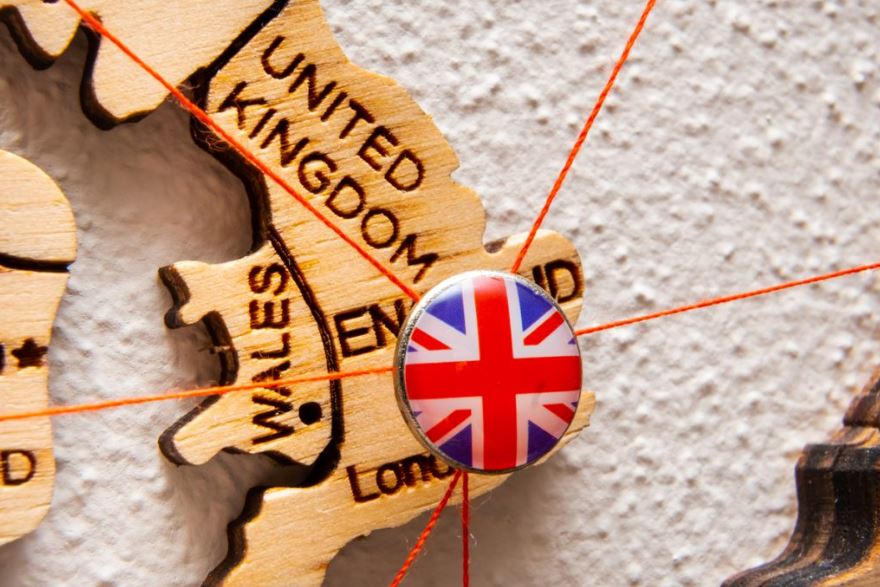UK: Exports to EU drop 20% after Brexit

Since Brexit, British food exports to the European Union have fallen by almost £3 billion a year, about 20% less than before. The decline, reported by the Centre for Inclusive Trade Policy (CITP), is attributed to new regulatory barriers, such as physical, documentary and identity checks, that have complicated trade. The British government aims to negotiate a sanitary and phytosanitary (SPS) agreement with the EU to reduce these barriers, as promised by Labour leader Keir Starmer.
The agri-food sector, which accounts for 13% of the UK workforce, has seen an average 16,3% decline in exports to the EU since 2021. Before Brexit, regulatory harmonization allowed for highly integrated supply chains. Now the UK, classified as a “third country,” faces new requirements that negatively impact trade.
In 2023, the UK’s global food and drink exports reached £24,4 billion, down £3,1 billion from 2022, while imports fell to £61,1 billion. The overall agri-food deficit was £36,7 billion. In the EU, the UK exported £14 billion and imported £43,8 billion, leaving a deficit of almost €36 billion.
The CITP stresses that an SPS agreement requires regulatory alignment between the EU and the UK, identifying active and passive regulatory divergences. The EU has introduced stricter standards in areas such as pesticides, while the UK has focused on animal welfare. However, differences in regulatory procedures, border controls and internal UK processes complicate negotiations, threatening the UK’s “sovereignty”.
New regulations, introduced in 2023, have increased costs for exporters. Operators in sectors such as meat and dairy have spent over £205 million on health certificates. These barriers, combined with legislative and procedural divergences, pose a significant challenge to the future of UK agri-food trade.








